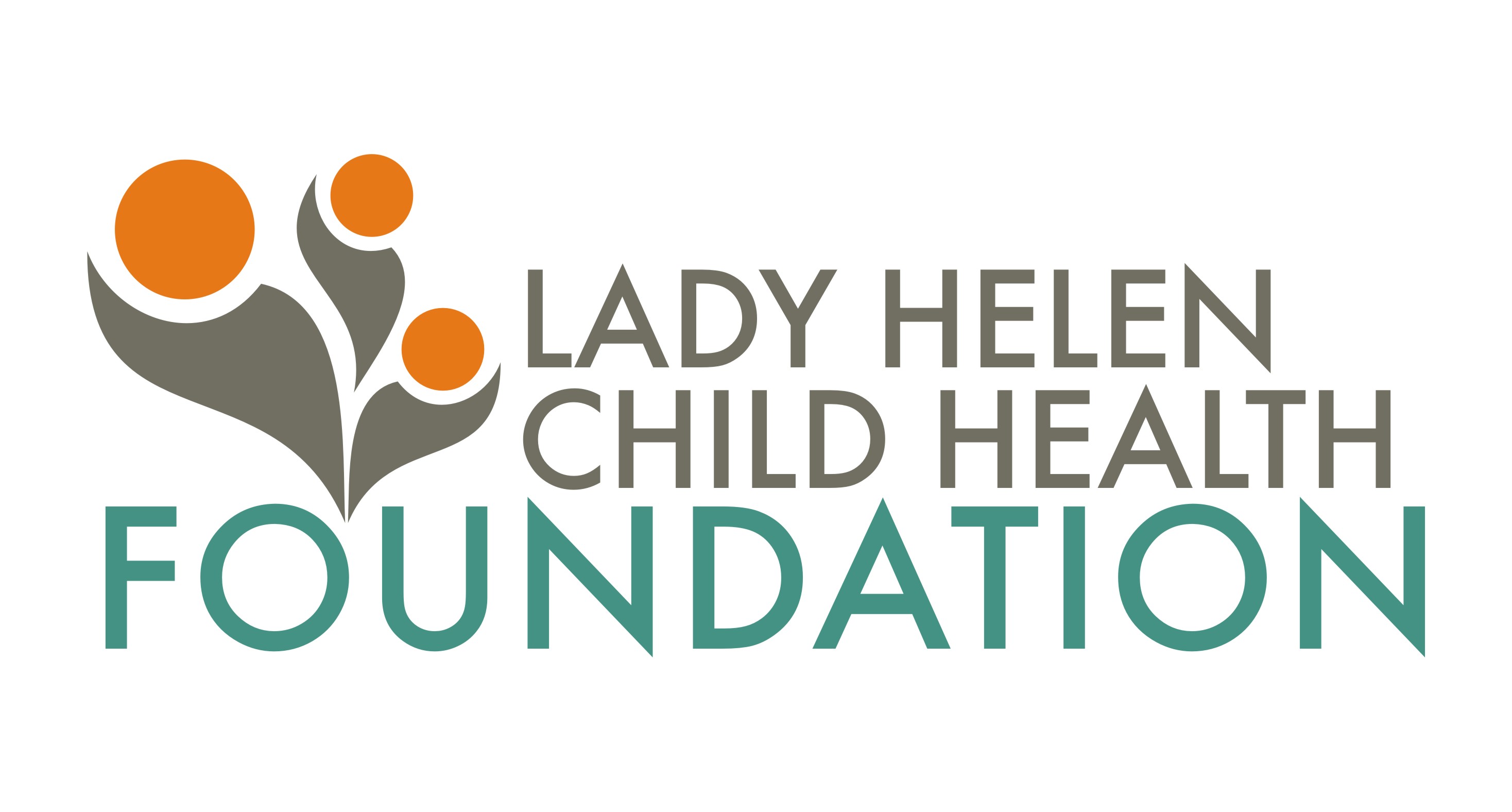In Nigeria, child’s right practice is well within the ambit of Governmental Influence, Family Structure, Environmental factor and the civil society involvement. The child right act which recognizes the right of children, restore their self-esteem and improve their status has been adopted in 24 out of the 36 states in Nigeria. So far, some of the provisions of the Child’s Right Act are being implemented through a few governmental agencies such as the NPHCDA, National Planning Commission, Federal Ministry of Women Affairs and Child Development, but the major implementing organizations of the Child’s Right Act are the NGOs.
COVID 19 Threat
With the emergence of Covid 19 and the steady rise of cases in Nigeria, there are growing concerns over the negative impact this will have on orphans and vulnerable children. According to Save the Children the COVID-19 pandemic could turn into a serious child rights crisis in Nigeria, as hundreds of thousands of the most vulnerable children could be exposed to a dangerous mix of extreme poverty, malnutrition and hunger. One of the most vulnerable groups who are exposed to Covid 19 and child protection risk on a daily basis are the Almajiri children.
The Almajiri system is a form of Islamic education offered to children to provide them with vast knowledge of the Holy Quran, this is in accordance with the practice of Islamic faith. They are often children sent away from their families from far and near, sometimes to different cities to study the Qur’an under the care of an Islamic scholar, most time, they are left to fend for themselves and they survive through street begging and scavenging where they are vulnerable to exploitation and abuse.
Reality Check
⦁ The Almajiris constitute 9.5 million of the country’s children within the ages of 3-14. (UNICEF Report 2014)
⦁ 72 percent or 9.5million out of the 13.2 million Nigeria’s out-school children are Almajiris (UNICEF Report 2014)
⦁ They lack parental guidance and information on messages/ guidelines of Covid 19
⦁ Almajiri children are far removed from all source of information on Covid 19 and they are not able to protect themselves or access medical services should they contract the virus.
Various state governments across the country have raised concern over the spread of covid 19 through the Almajiri children plight. In the effort to contain the problem, the issue of how to manage their presence had become a sour point for state governments. Whilst the various government are taking actions to manage the return of the children to their various homes. Amidst this panic there are no clear measures and policies on how to manage the issues that their presence and the fear of pandemic spread have created. Although the child right issues are clearly fundamental to the way and manner in which the Almajiri children plight are dealt with, it is clearly evident that issue of their rights and their dignity are not at the forefront of any measures that are being put in place now or in the long term.
Implications of the Distribution of Almajiri
The evacuation and distribution of the children, through cross boarder travel without necessary structures and guidelines will:
⦁ Jeopardizes the fight against Covid-19
⦁ Expose the children to a high risk of infection
⦁ Their distribution without the necessary structure, will take away their fundamental human right especially when taking cognisance of the child right act, 2003:
– Section 9: right to free movement,
– Section 11: right to dignity of the child
– Section 16: right of a child in need of special protection measures
⦁ Put the country on the spotlight of human right violators.
The consequences of the covid 19 pandemic on both the society and the children necessitate the need for concerted effort, to put structures in place to scale up support to increase protection for children displaced, street children, Almajiri and other vulnerable groups
In this regards, Government should make provisions that are in line with child protection and safeguarding principles as contained in the Convention on the Rights of Children, African Charter on the Rights and Welfare of the Child and other conventions that the country has signed and ratified.

 The foundation founded in her honour is geared towards improving the health outcomes for children and mothers by promoting a strong culture of preventive and quality improvement measures in healthcare provision
The foundation founded in her honour is geared towards improving the health outcomes for children and mothers by promoting a strong culture of preventive and quality improvement measures in healthcare provision 